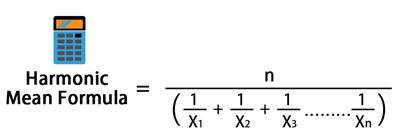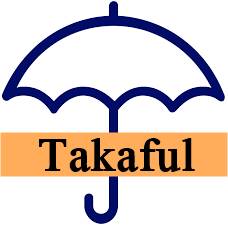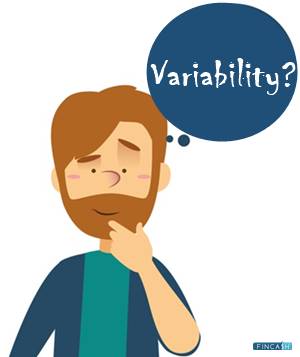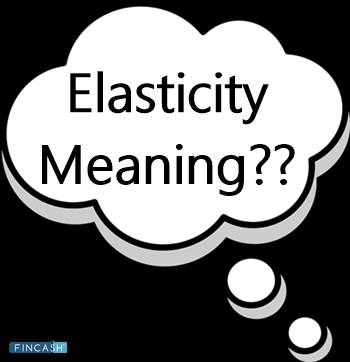
Table of Contents
Meaning of Taxation Without Representation
Taxation without Representation is a phrase that describes a population that has to pay Taxes to its government authority without intervening in the policies of the government.
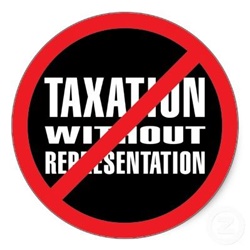
This term was originally used in the American colonial’s slogan against the British rulers.
The entire phrase that they had used in the slogan was “taxation without representation is tyranny.” Along with that, the taxation without representation phrase again appeared on license plates that were issued by the District of Columbia at the beginning of 2000.
This slogan, herein, was to enhance awareness regarding the residents of the district paying taxes, despite having not a single voting representation. A few years back, in 2017, the city council of the district added a new word to the phrase, highlighting the values behind it even more. In the present scenario, it is known as “end taxation without representation.”
Talk to our investment specialist
The History Behind Taxation Without Representation
For the American Revolution, opposing taxation without representation was one of the major causes. It so happened that in the 1760s, the British Parliament started taxing American colonists directly so as to recover losses incurred from 1756 to 1763 during the Seven Years’ War.
One of the most despised taxes that the Stamp Act of 1765 imposed needed colonial printers to pay taxes on documents created or used in the colonies. The proof of paid tax had to be given by fixing an embossed revenue stamp on the documents.
The ones who didn’t adhere by such rules had to undergo trials without any jury in the court. Majorly, the colonists regarded this stamp tax to be illegal as they didn’t have any representation in the Parliament.
Moreover, they were even denied a right to get a trial by a jury of their own peers. In 1765, delegates from nine different colonies met to create the Stamp Act Congress, which is also known as the Continental Congress.
After consistently meeting for 18 days, they approved the Declaration of the Rights and Grievances of the Colonists, outlining the joint position of delegates for other colonists to read.
While the American colonies managed to be separated from Britain, tax without representation didn’t get extinguished in any scenario. For example, in most of the countries, currently, there are several such groups of residents that are not allowed to vote in elections; neither do they have any voting representative in the parties.
All efforts have been made to ensure the information provided here is accurate. However, no guarantees are made regarding correctness of data. Please verify with scheme information document before making any investment.

